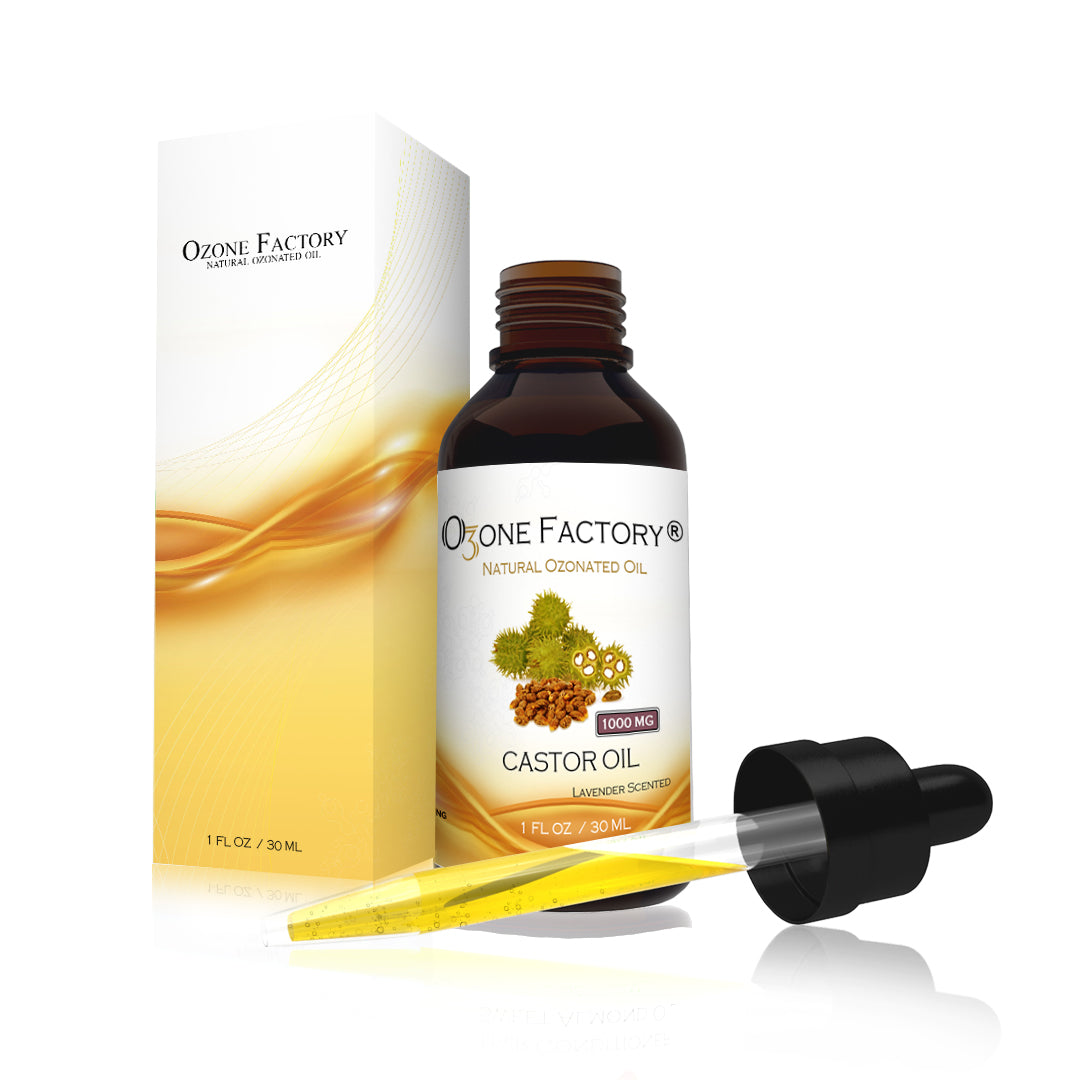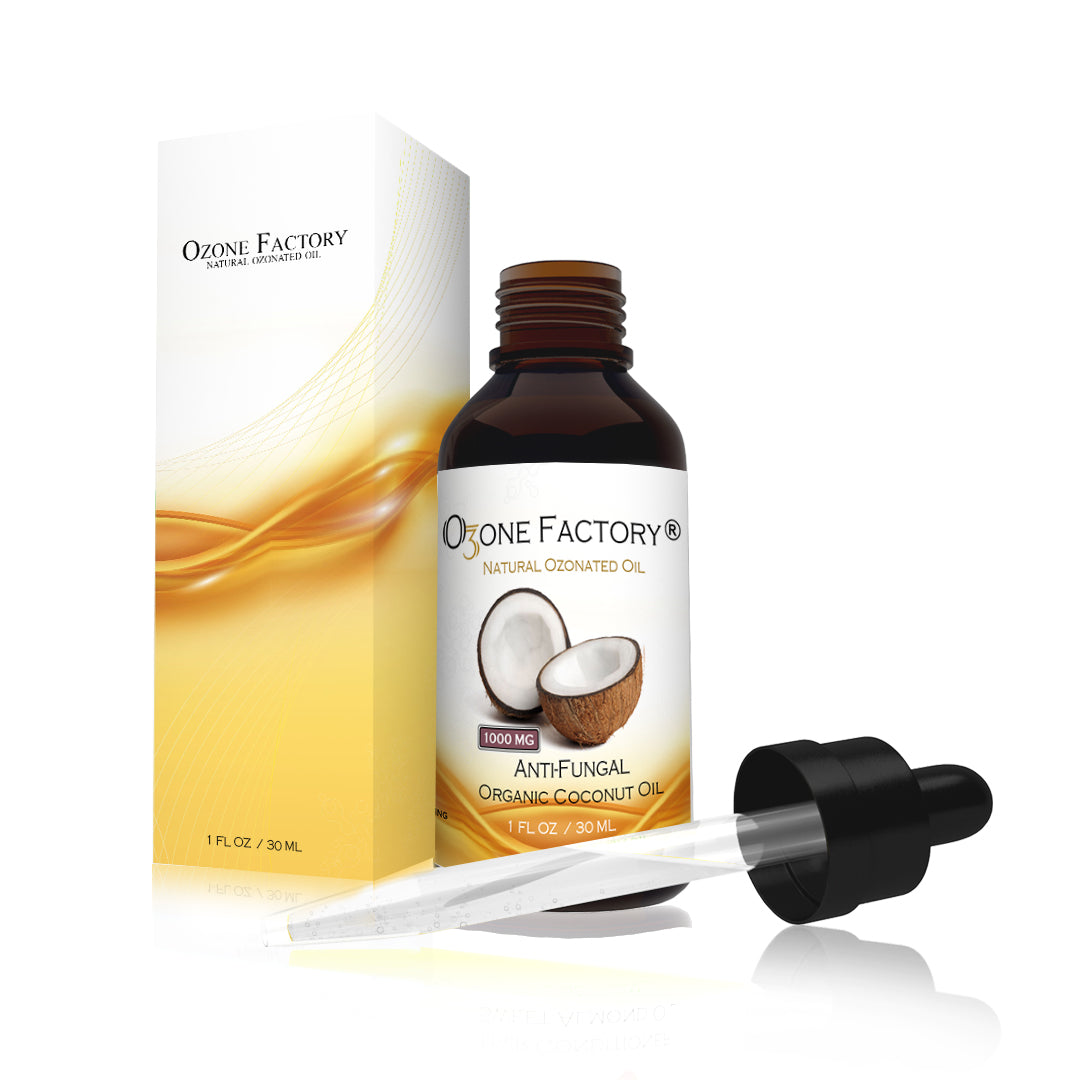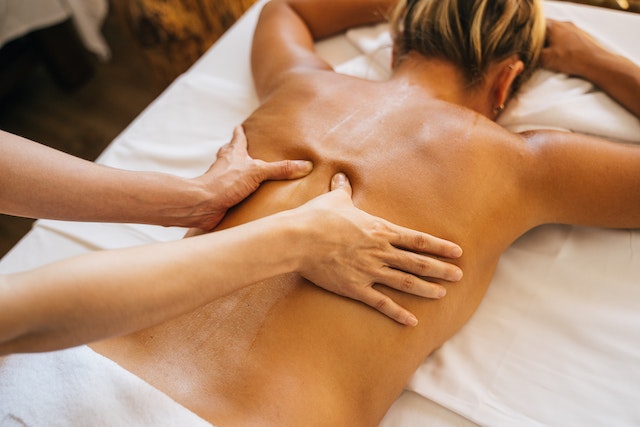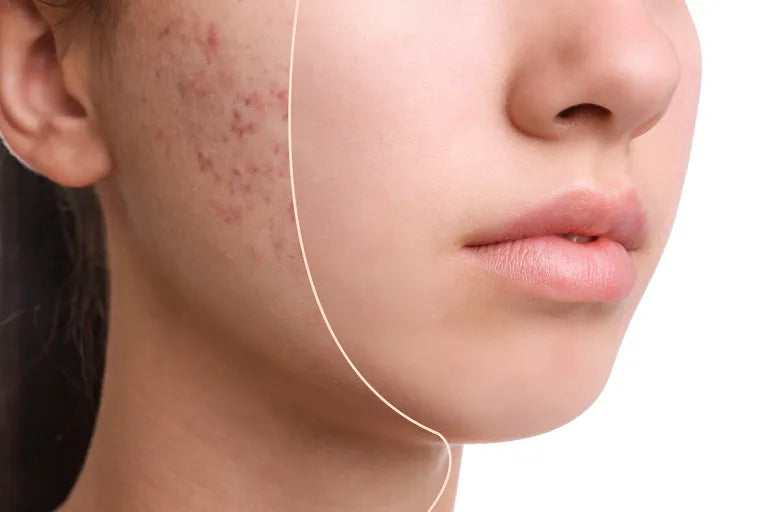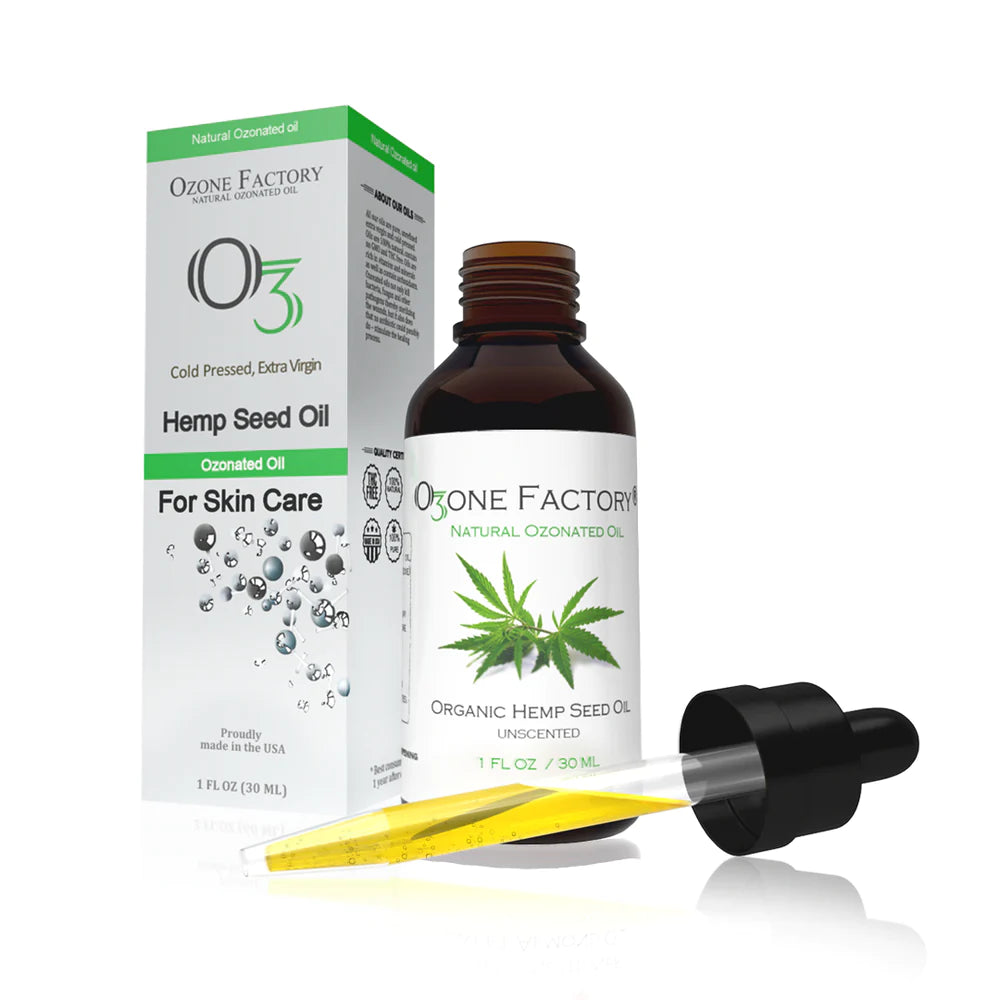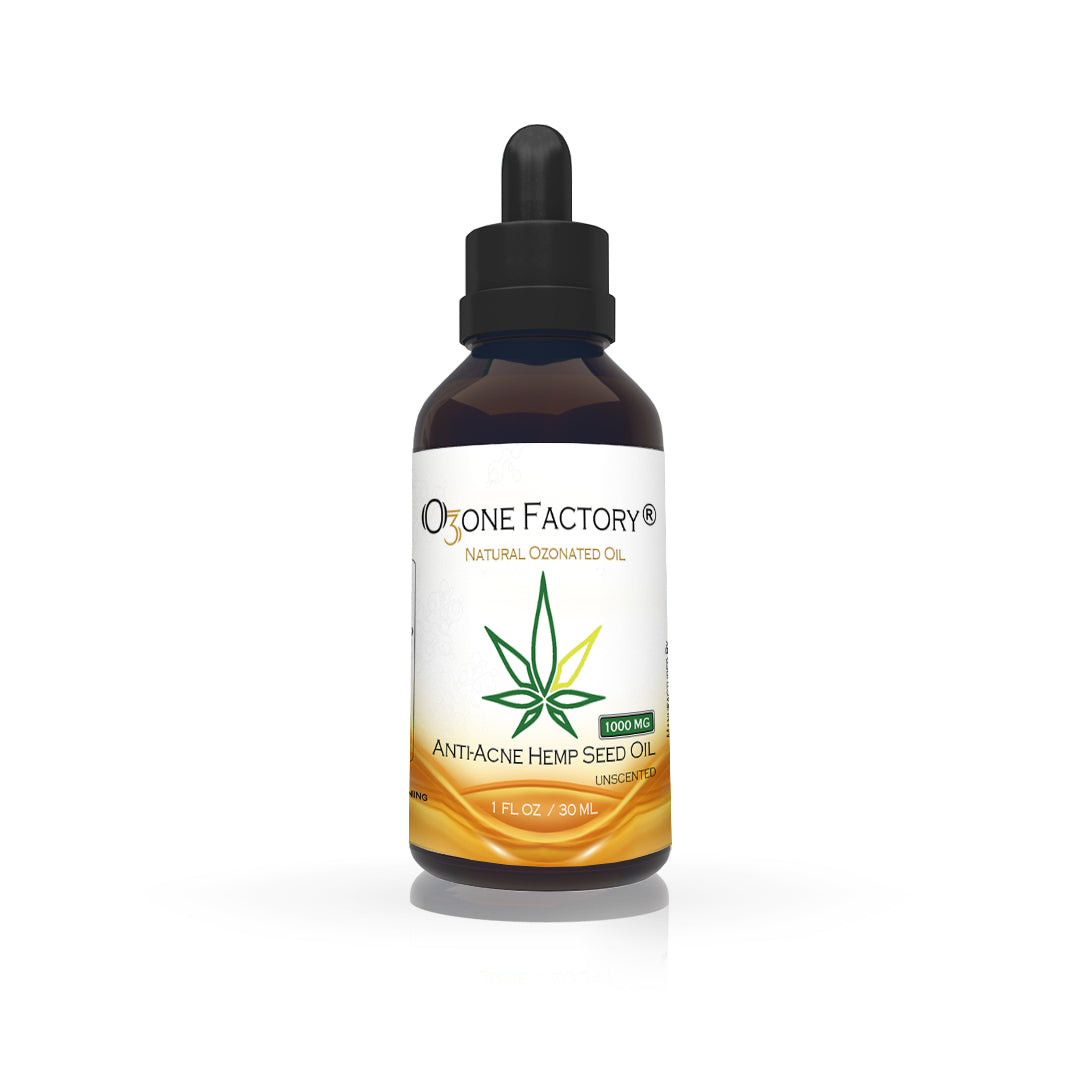Our skin is the largest organ we have. It stands between the world and the rest of our body, constantly suffering physical damage, attack by microbes, and degradation by the sun and other environmental factors to keep the rest of our organs safe. Our top layer of skin is made up of brick-shaped cells called corneocytes that fall off as they are damaged and get replaced from the bottom on up. These bricks are held together by a mortar made from proteins and lipids that seal in moisture. If the surface of our skin gets too dry or damaged the mortar can crack, which lets out valuable moisture and lets in toxins or infectious microbes.

ENVIRONMENTAL FACTORS THAT CAUSE SKIN DAMAGE
Sensitizing Ingredients
Ingredients such as fragrances and artificial dyes can severely damage your skin, or make your skin feel sensitive. Products containing these ingredients in your makeup, laundry and hair care routines should also be avoided.
These sensitive ingredients may give you the false idea that you have sensitive skin, when in fact your skin has been sensitized because of environmental factors.
Outside Germs
It’s likely that throughout the day you touch doorknobs, elevator buttons, and many other common public items. You may even have a pet that goes in and out of your home throughout the day, bringing in germs, dirt and even insects. Once these germs are on your hands and in your home, your skin is exposed to them. Touching your skin after turning a door handle can transfer those germs.
To keep your skin safe from these chemicals and germs, make sure to wash your hands throughout the day using a soap that does not contain dyes and fragrances.

Air
When blow drying your hair, you are allowing harsh heat to hit your skin, making your skin sensitive and dry. Both artificial heat and air can affect your skin’s sensitivity, dryness and how much oil your skin is producing.
To avoid having dry, sensitive skin, moisturize your skin every morning and every evening to give your skin a coat of moisture for protection throughout the day and night. Even if you consider your skin oily, you will still need to moisturize in order to keep your skin from producing excess oil.
Sun
The sun can have harsh effects on your skin. Just think back to your last severe sunburn. Your skin turned beat red, it itched and eventually it started to peel. Even if you live in a colder climate, the sun can still have harsh effects on your skin. Extreme heat can cause your skin to produce sweat, which can become trapped in your pores, causing a heat rash or blisters. When you expose your skin to the sun without UV protection, you are risking skin cancer and premature aging of your skin. Sun exposure can also leave behind hyperpigmentation.
Don’t think you are only exposing your skin to the sun when you are outside, skin is exposed to the UV rays in the car, sitting by your office window, and at home. Make sure to always protect your skin with sunscreen when you are outside and exposed.

Pollution
Pollution causes skin irritation for many reasons. Dust in the air can clog your pores and increase the bacteria on your face, leading to spots or acne. Chemical pollutants that are invisible can interrupt your skin’s natural protection system, which breaks down your skin’s natural oils that would normally maintain the moisture in your skin. Always cleanse and clean your skin every morning and evening to wash away the grime and dirt.
Climate Control
Rapid climate changes force our skin to cope with extreme temperature and humidity changes. During the winter it can be cold, windy and wet outside and then when you go inside it is warm. This shift in climate can be harsh on skin. The same occurs during the summer when it is blazing hot and muggy outside and then cold and dry in the air conditioning.
Skin can adapt quickly, but continuing to moisturize and keep your face clear of dirt and germs can help your skin keep clear pores and be able to transition between the different climates.
With all of these various environmental factors affecting your skin’s health, it is important to take preventative steps.
HOW TO MINIMIZE SKIN DAMAGE
The simplest method is to remember to wash at the end of the day. Pollutants that have accumulated on your skin will continue to linger and do damage throughout the night unless you wash them off before bed. If your routine requires washing in the morning, at a minimum consider washing your face at the end of the day with a trusted facial cleanser.

Skin moisturizing can help to combat the damage that has been done, as well. One of the consequences of damaged corneocytes is that the underlying skin tissues dry up. You can use your favorite moisturizer to keep moisture in. Some ozonated oils contain natural moisturising nutrients that actually resemble or mimic those found in the hydrolipidic layer of the skin, which makes them absolutely invaluable in your daily skincare regimen. Other ozonated oils are rich in poly-unsaturated fatty acids, including linoleic acid, Omega 6, and natural tocopherols, which also deliver a wide range of skin benefits.

Another method is with antioxidants. Vitamin E, Vitamin C, coenzyme Q10, and plant-based phenolic compounds can help to protect your skin from oxidative damage and seek out free radicals that might be lurking. Ozonated oils with high antioxidant activity can have a dramatic effect on overall health and skincare. Studies have shown that many essential oils have a very high antioxidant activity that helps neutralize the oxidative damage caused by free radicals while acting as a natural skin barrier. Because ozonated essential oils are incredibly concentrated, you only need to add a few drops to your skincare routine to see an impact.


